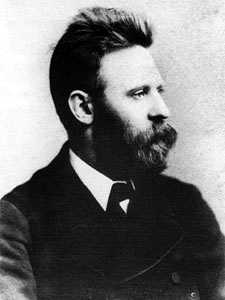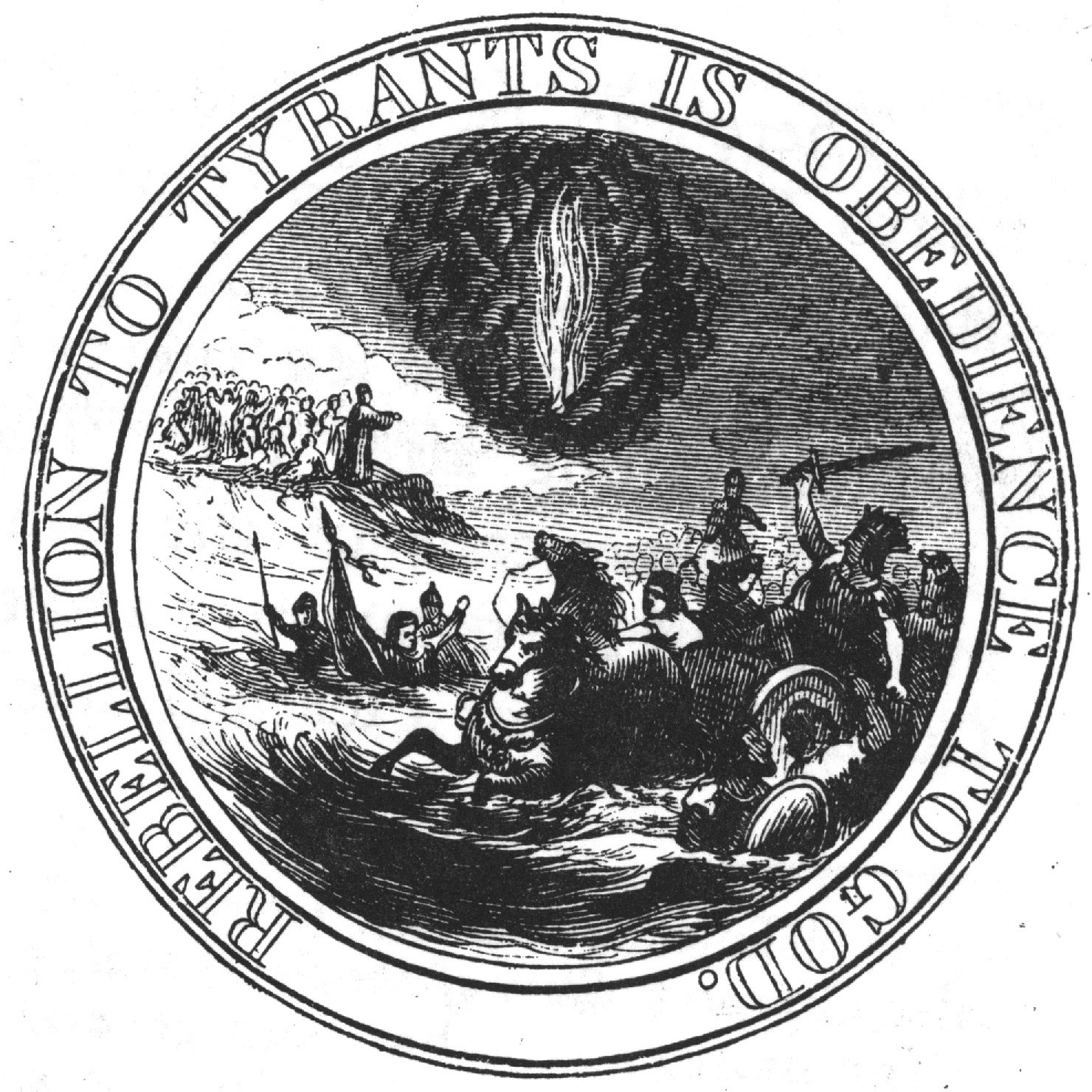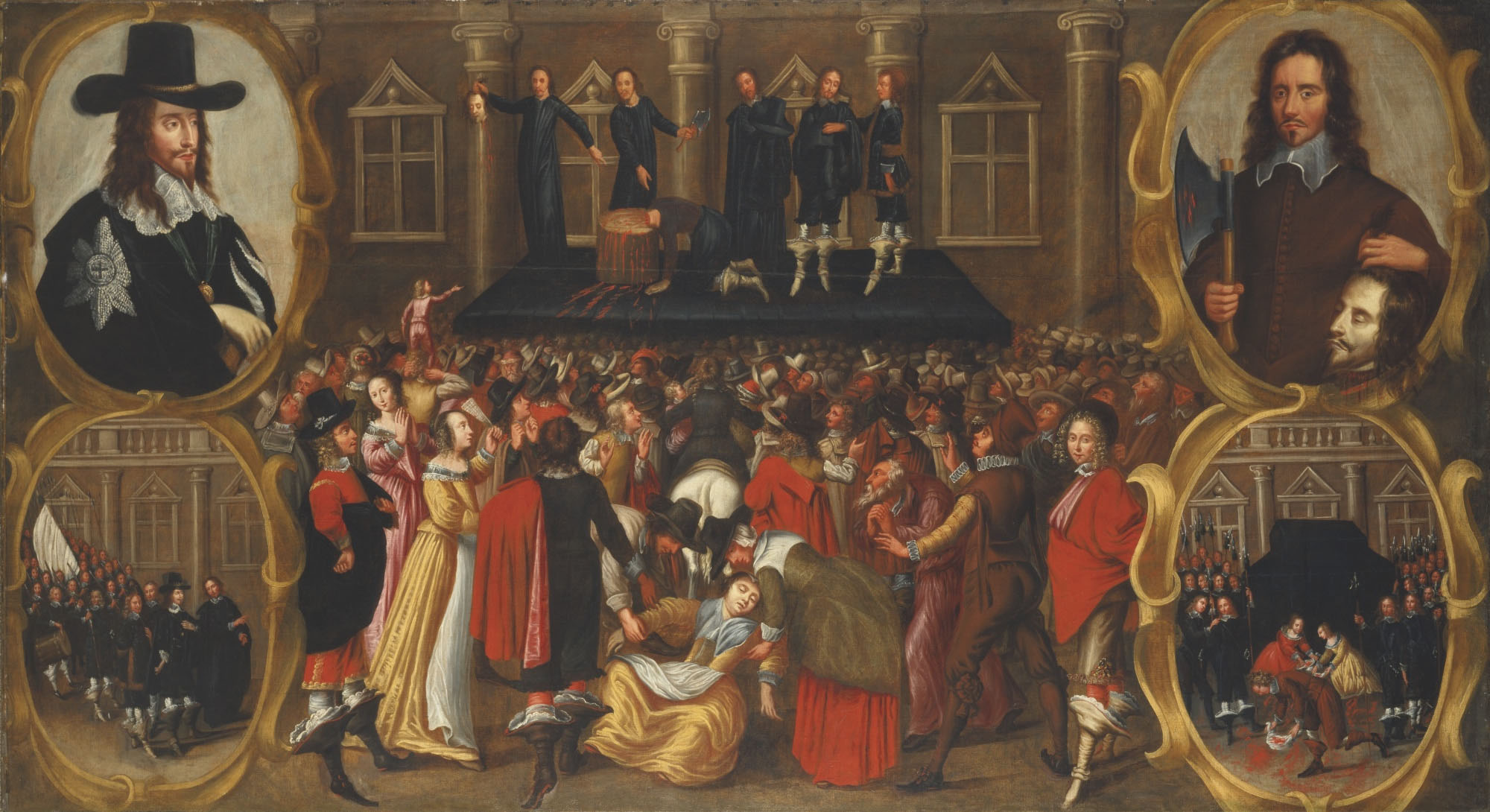|
Propaganda Of The Deed
Propaganda of the deed (or propaganda by the deed, from the French ) is specific political direct action meant to be exemplary to others and serve as a catalyst for revolution. It is primarily associated with acts of violence perpetrated by proponents of insurrectionary anarchism in the late 19th and early 20th century, including bombings and assassinations aimed at the ruling class, but also had non-violent applications. These deeds were intended to ignite the "spirit of revolt" in the people by demonstrating the state was not omnipotent and by offering hope to the downtrodden, and also to expand support for anarchist movements as the state grew more repressive in its response. In 1881, the International Anarchist Congress of London gave the tactic its approval. Anarchist origins Various definitions One of the first individuals to conceptualise propaganda by the deed was the Italian revolutionary Carlo Pisacane (1818–1857), who wrote in his "Political Testament" (1857) ... [...More Info...] [...Related Items...] OR: [Wikipedia] [Google] [Baidu] |
Direct Action
Direct action originated as a political activist term for economic and political acts in which the actors use their power (e.g. economic or physical) to directly reach certain goals of interest, in contrast to those actions that appeal to others (e.g. authorities), by, for example, revealing an existing problem, highlighting an alternative, or demonstrating a possible solution. Both direct action and actions appealing to others can include nonviolent and violent activities that target persons, groups, or property deemed offensive to the action participants. Nonviolent direct action may include sit-ins, strikes, and counter-economics. Violent direct action may include political violence, assault, arson, sabotage, and property destruction. By contrast, electoral politics, diplomacy, negotiation, and arbitration are not usually described as direct action since they are electorally mediated. Nonviolent actions are sometimes a form of civil disobedience and may involve a deg ... [...More Info...] [...Related Items...] OR: [Wikipedia] [Google] [Baidu] |
Emma Goldman
Emma Goldman (June 27, 1869 – May 14, 1940) was a Russian-born anarchist political activist and writer. She played a pivotal role in the development of anarchist political philosophy in North America and Europe in the first half of the 20th century. Born in Kaunas, Lithuania (then within the Russian Empire), to an Orthodox Lithuanian Jewish family, Goldman emigrated to the United States in 1885.University of Illinois at ChicagBiography of Emma Goldman. UIC Library Emma Goldman Collection. Retrieved on December 13, 2008. Attracted to anarchism after the Chicago Haymarket affair, Goldman became a writer and a renowned lecturer on anarchist philosophy, women's rights Women's rights are the rights and entitlements claimed for women and girls worldwide. They formed the basis for the women's rights movement in the 19th century and the feminist movements during the 20th and 21st centuries. In some countr ..., and social movement, social issues, attracting cro ... [...More Info...] [...Related Items...] OR: [Wikipedia] [Google] [Baidu] |
Anarcho-syndicalism
Anarcho-syndicalism is a political philosophy and anarchist school of thought that views revolutionary industrial unionism or syndicalism as a method for workers in capitalist society to gain control of an economy and thus control influence in broader society. The end goal of syndicalism is to abolish the wage system, regarding it as wage slavery. Anarcho-syndicalist theory generally focuses on the labour movement. Reflecting the anarchist philosophy from which it draws its primary inspiration, anarcho-syndicalism is centred on the idea that power corrupts and that any hierarchy that cannot be ethically justified must be dismantled. The basic principles of anarcho-syndicalism are solidarity, direct action (action undertaken without the intervention of third parties such as politicians, bureaucrats and arbitrators) and direct democracy, or workers' self-management. Anarcho-syndicalists believe their economic theories constitute a strategy for facilitating proletarian self-ac ... [...More Info...] [...Related Items...] OR: [Wikipedia] [Google] [Baidu] |
Trade Union
A trade union (labor union in American English), often simply referred to as a union, is an organization of workers intent on "maintaining or improving the conditions of their employment", ch. I such as attaining better wages and benefits (such as holiday, health care, and retirement), improving working conditions, improving safety standards, establishing complaint procedures, developing rules governing status of employees (rules governing promotions, just-cause conditions for termination) and protecting the integrity of their trade through the increased bargaining power wielded by solidarity among workers. Trade unions typically fund their head office and legal team functions through regularly imposed fees called ''union dues''. The delegate staff of the trade union representation in the workforce are usually made up of workplace volunteers who are often appointed by members in democratic elections. The trade union, through an elected leadership and bargaining committee ... [...More Info...] [...Related Items...] OR: [Wikipedia] [Google] [Baidu] |
Peter Kropotkin
Pyotr Alexeyevich Kropotkin (; russian: link=no, Пётр Алексе́евич Кропо́ткин ; 9 December 1842 – 8 February 1921) was a Russian anarchist, socialist, revolutionary, historian, scientist, philosopher, and activist who advocated anarcho-communism. Born into an aristocratic land-owning family, Kropotkin attended a military school and later served as an officer in Siberia, where he participated in several geological expeditions. He was imprisoned for his activism in 1874 and managed to escape two years later. He spent the next 41 years in exile in Switzerland, France (where he was imprisoned for almost four years) and England. While in exile, he gave lectures and published widely on anarchism and geography. Kropotkin returned to Russia after the Russian Revolution in 1917, but he was disappointed by the Bolshevik state. Kropotkin was a proponent of a decentralised communist society free from central government and based on voluntary association ... [...More Info...] [...Related Items...] OR: [Wikipedia] [Google] [Baidu] |
French Guiana
French Guiana ( or ; french: link=no, Guyane ; gcr, label=French Guianese Creole, Lagwiyann ) is an overseas departments and regions of France, overseas department/region and single territorial collectivity of France on the northern Atlantic Ocean, Atlantic coast of South America in the Guianas. It borders Brazil to the east and south and Suriname to the west. With a land area of , French Guiana is the second-largest Regions of France, region of France (more than one-seventh the size of Metropolitan France) and the largest Special member state territories and the European Union, outermost region within the European Union. It has a very low population density, with only . (Its population is less than that of Metropolitan France.) Half of its 294,436 inhabitants in 2022 lived in the metropolitan area of Cayenne, its Prefectures in France, capital. 98.9% of the land territory of French Guiana is covered by forests, a large part of which is Old-growth forest, primeval Tropical r ... [...More Info...] [...Related Items...] OR: [Wikipedia] [Google] [Baidu] |
Devil's Island
The penal colony of Cayenne (French: ''Bagne de Cayenne''), commonly known as Devil's Island (''Île du Diable''), was a French penal colony that operated for 100 years, from 1852 to 1952, and officially closed in 1953 in the Salvation Islands of French Guiana. Opened in 1852, the Devil's Island system received convicts from the Prison of St-Laurent-du-Maroni, who had been deported from all parts of the Second French Empire. It was notorious both for the staff's harsh treatment of detainees and the tropical climate and diseases that contributed to high mortality. The prison system had a death rate of 75% at its worst, and was finally closed down in 1953. Devil's Island was also notorious for being used for the exile of French political prisoners, with the most famous being Captain Alfred Dreyfus, accused of spying for Germany. The Dreyfus affair was a scandal extending for several years in late 19th and early 20th century France, exposing antisemitism and corruption in the ... [...More Info...] [...Related Items...] OR: [Wikipedia] [Google] [Baidu] |
Clément Duval
Clément Duval (; 1850–1935) was a famous French anarchist and criminal. His ideas concerning individual reclamation were greatly influential in later shaping illegalism. According to Paul Albert, "The story of Clement Duval was lifted and, shorn of all politics, turned into the bestseller ''Papillon''." Biography In October 1886, Duval broke into the mansion of a Parisian socialite and stole 15,000 francs before accidentally setting the house on fire. He was caught only two weeks later after trying to fence the stolen goods, stabbing a policeman named Rossignol several times during his arrest (the policeman survived his wounds). Duval's trial drew crowds of supporters and ended in chaos when Duval was dragged from the court, crying, "Long live anarchy!" He was condemned to death, but his sentence was later commuted to hard labor on Devil's Island, French Guiana. In a letter printed in the November 1886 issue of the anarchist paper '' Le Révolté'', Duval famously declared: " ... [...More Info...] [...Related Items...] OR: [Wikipedia] [Google] [Baidu] |
Yale University Press
Yale University Press is the university press of Yale University. It was founded in 1908 by George Parmly Day, and became an official department of Yale University in 1961, but it remains financially and operationally autonomous. , Yale University Press publishes approximately 300 new hardcover and 150 new paperback books annually and has a backlist of about 5,000 books in print. Its books have won five National Book Awards, two National Book Critics Circle Awards and eight Pulitzer Prize The Pulitzer Prize () is an award for achievements in newspaper, magazine, online journalism, literature, and musical composition within the United States. It was established in 1917 by provisions in the will of Joseph Pulitzer, who had made h ...s. The press maintains offices in New Haven, Connecticut and London, England. Yale is the only American university press with a full-scale publishing operation in Europe. It was a co-founder of the distributor TriLiteral LLC with MIT Press ... [...More Info...] [...Related Items...] OR: [Wikipedia] [Google] [Baidu] |
Tyrannicide
Tyrannicide is the killing or assassination of a tyrant or unjust ruler, purportedly for the common good, and usually by one of the tyrant's subjects. Tyrannicide was legally permitted and encouraged in the Classical period. Often, the term tyrant was a justification for political murders by their rivals, but in some exceptional cases students of Platonic philosophy risked their lives against tyrants. The killing of Clearchus of Heraclea by a cohort led by his own court philosopher is considered a sincere tyrannicide. The killers are also called "tyrannicides". The term originally denoted the action of Harmodius and Aristogeiton, who are often called the Tyrannicides, in killing Hipparchus of Athens in 514 BC. Political theory Tyrannicide can also be a political theory and, as an allegedly justified form of the crime of murder, a dilemmatic case in the philosophy of law, and as such dates from antiquity. Support for tyrannicide can be found in Plutarch's ''Lives'', Cicero ... [...More Info...] [...Related Items...] OR: [Wikipedia] [Google] [Baidu] |
Regicide
Regicide is the purposeful killing of a monarch or sovereign of a polity and is often associated with the usurpation of power. A regicide can also be the person responsible for the killing. The word comes from the Latin roots of ''regis'' and ''cida'' (''cidium''), meaning "of monarch" and "killer" respectively. In the British tradition, it refers to the judicial execution of a king after a trial, reflecting the historical precedent of the trial and execution of Charles I of England. The concept of regicide has also been explored in media and the arts through pieces like ''Macbeth'' (Macbeth's killing of King Duncan) and '' The Lion King''. History In Western Christianity, regicide was far more common prior to 1200/1300. Sverre Bagge counts 20 cases of regicide between 1200 and 1800, which means that 6% of monarchs were killed by their subjects. He counts 94 cases of regicide between 600 and 1200, which means that 21.8% of monarchs were killed by their subjects. He a ... [...More Info...] [...Related Items...] OR: [Wikipedia] [Google] [Baidu] |
Yale University
Yale University is a Private university, private research university in New Haven, Connecticut. Established in 1701 as the Collegiate School, it is the List of Colonial Colleges, third-oldest institution of higher education in the United States and among the most prestigious in the world. It is a member of the Ivy League. Chartered by the Connecticut Colony, the Collegiate School was established in 1701 by clergy to educate Congregationalism in the United States, Congregational ministers before moving to New Haven in 1716. Originally restricted to theology and sacred languages, the curriculum began to incorporate humanities and sciences by the time of the American Revolution. In the 19th century, the college expanded into graduate and professional instruction, awarding the first Doctor of Philosophy, PhD in the United States in 1861 and organizing as a university in 1887. Yale's faculty and student populations grew after 1890 with rapid expansion of the physical campus and sc ... [...More Info...] [...Related Items...] OR: [Wikipedia] [Google] [Baidu] |

.jpg)








